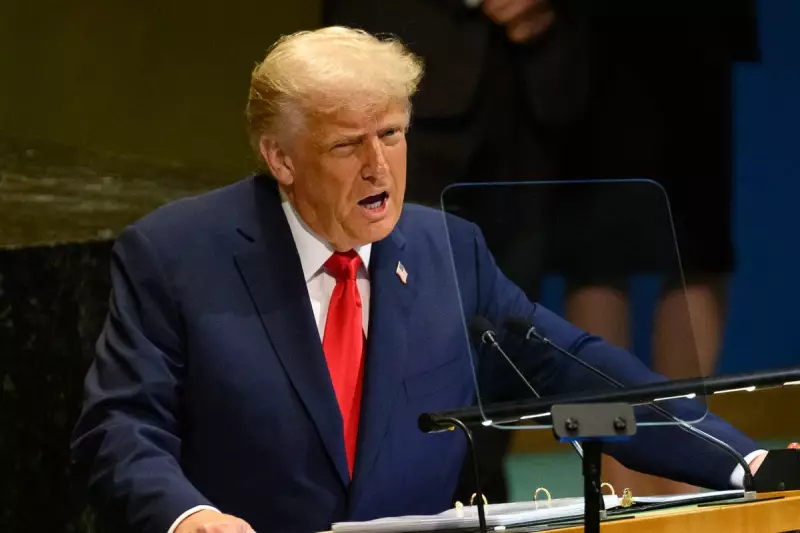
In a speech that sent ripples through the diplomatic community, former US President Donald Trump used a major platform to launch a scathing critique of current Western foreign policy. The address, characterised by its blunt and often controversial assertions, took aim at several key international issues.
Questioning Support for Ukraine
A central pillar of Trump's speech was his questioning of the financial and military aid flowing from the United States and its allies to Ukraine. He framed the conflict not in ideological terms of democracy versus autocracy, but as a purely transactional engagement for European nations.
'Why is it that American taxpayers are shouldering this burden?' Trump was reported to have asked, suggesting that European countries were the primary beneficiaries of a Ukrainian victory and should therefore bear more of the cost.
Criticism of Germany's Energy Policy
In a move that recalled his tenure in the Oval Office, Trump turned his fire on Germany, specifically its historical dependence on Russian energy sources. He portrayed this reliance as a critical strategic error and a source of funding for the Russian war effort, a point likely to cause discomfort in Berlin.
This criticism underscores a long-standing tension in transatlantic relations regarding energy security and strategic autonomy.
Controversial Remarks on Gaza
Perhaps the most incendiary part of the speech concerned the ongoing conflict in Gaza. According to reports, Trump made inflammatory remarks about the situation, which are expected to draw condemnation from various quarters. His comments add a highly charged, partisan American perspective to an already complex and sensitive international issue.
A Vision of 'Peace Through Strength'
Throughout the address, Trump reiterated his signature foreign policy mantra: 'peace through strength'. He advocated for a US approach that prioritises its own national interests and military might above multilateral agreements and alliances, signalling a starkly different direction from the current administration's policies.
International Reaction and Implications
The speech is likely to be welcomed by isolationist voices within the US but met with deep concern by traditional allies in Europe. It serves as a potent reminder of the alternative foreign policy vision Trump could pursue if he were to return to power, placing existing Western alliances under a microscope and challenging the fundamental principles of collective security that have defined the post-World War II order.






